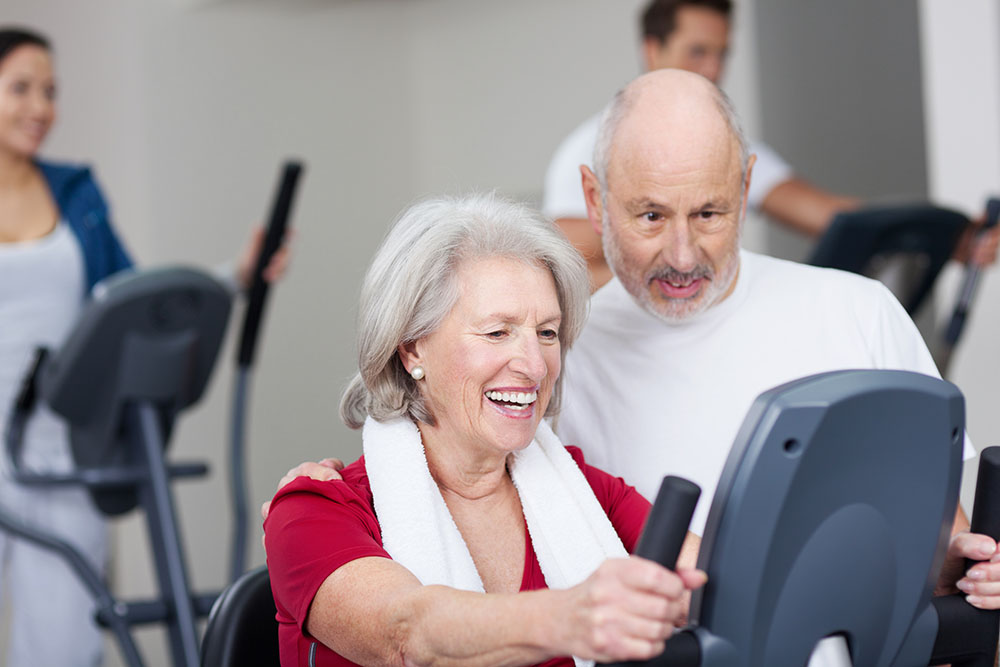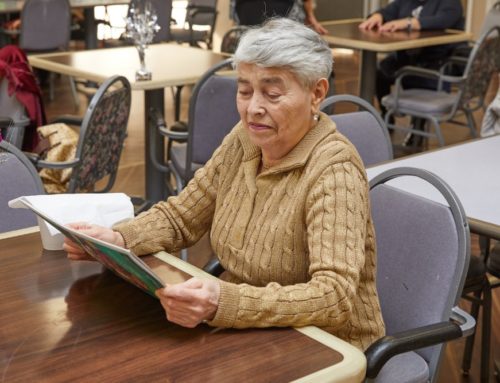How Effective is Vestibular Rehab Therapy?
Vestibular rehab (or vestibular rehabilitation therapy, VRT) is an effective tool for therapists. VRT can be used to help people with balance issues, dizziness, and visual disturbances.
Because vestibular disorders may also contribute to cognitive and psychological changes, VRT can also aid mentally as well and physically.
In this post, we’ll take a closer look at VRT, including what it is exactly and how it can help.

What is vestibular rehab?
VRT is an exercise-based therapy designed to help people with vestibular issues. Vestibular means of, or pertaining to, the vestibular system.
Your vestibular system is made up of the parts of your brain and inner ear which are in charge of balance and any eye movements.
Some key aspects of VRT include:
- Balance practice
- Training the eyes to move independently of other body parts
- Head movements
- Neck and shoulder movements
All of the movements or exercises in VRT are designed to help the body cope with issues in the vestibular system.
When is vestibular rehab needed?
VRT is needed when damage has occurred to the vestibular system. Damage can be brought about by disease, illnesses, and aging. When there is damage, a vestibular disorder can take root.
People with vestibular disorders often report the following symptoms. It should be noted that this list is not exhaustive and signs and symptoms may differ person to person. The severity also varies a lot.
- Vertigo and/or dizziness
- Visual disturbances
- Changes in hearing capabilities
- Issues with balance
- Spatial disorientation
- Cognitive changes
- Psychological changes
As we can see, these signs and symptoms are all ones which may be confusing or frightening for a person with a vestibular disorder.
Oftentimes, people in need of vestibular rehab may be perceived as lazy and inattentive when in fact, they are in need of treatment for a disorder.
It is essential that a vestibular disorder is diagnosed so that VRT therapy can begin. If you suspect that you may have a vestibular issue, please see a practitioner as soon as possible.
Dizziness and aging
As we age, there is a certain amount of age-related decline to the vestibular system. In the elderly, vertigo is the most commonly reported vestibular issue.
This is not to say that a vestibular disorder is the only cause of dizziness or vertigo in the elderly. The causes of vertigo are multi-factored.
In many cases though, vestibular rehab is helpful whether the issues are causes by a vestibular disorder or not.
How vestibular rehab can help
VRT has shown to be so effective that in some cases, additional treatment or medications may not be required.
VRT directly addresses any ongoing or underlying issues with the vestibular system. It helps sufferers to regain balance, coordination, eye control, and aid in any related hearing issues.
Here at Fairview Adult Day Care in Brooklyn, we have extensive experience helping those with vestibular disorders. Our highly trained and skilled therapists are on-hand to provide vestibular rehab as and when needed on an individual basis.
This article is for educational and informational purpose only and does not substitute for professional medical advice. For any questions about your own health condition, speak to a qualified physician or healthcare provider.







Leave A Comment